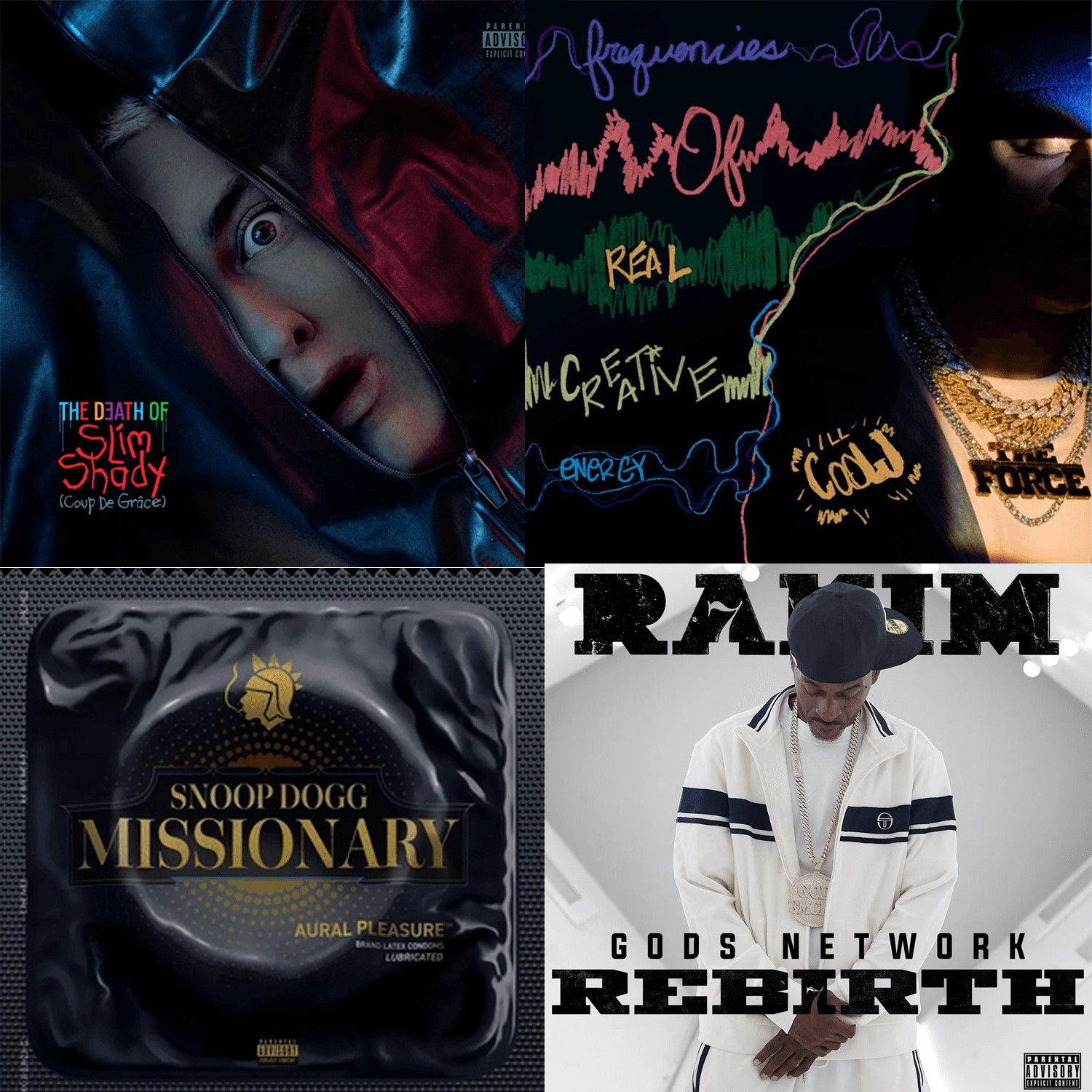Saturday, May 25, 2024
Royalties
Share
Spotify's New Royalty Model: Implications for Artists
Spotify's New Royalty Model: Implications for Artists
Spotify is set to implement significant changes to its royalty payment model starting in 2024. Under the new rules, tracks must achieve at least 1,000 streams annually to qualify for royalty payments. This change aims to redirect funds from low-stream tracks, which often generate minimal revenue, to more popular content. Additionally, Spotify is cracking down on "functional" content like white noise and nature sounds by increasing the minimum playtime required for royalties from 30 seconds to two minutes. These adjustments are designed to combat system exploitation and ensure fairer revenue distribution for artists who rely heavily on streaming income.
Impact on Artists
This policy shift has stirred considerable debate within the music community. While Spotify argues that the changes will benefit artists with more substantial followings, many independent and emerging musicians express concern that it could disproportionately impact those who struggle to reach the new threshold. The platform's focus on eliminating fraudulent streams and enhancing the value of legitimate plays is seen as a positive move, yet the broader implications for the indie music scene remain uncertain.
Future of Functional Music
The decision to adjust rules for functional content, such as white noise, aims to reduce exploitation by tracks designed to generate artificial plays. By requiring a longer minimum playtime, Spotify hopes to allocate royalties more equitably among creators of conventional music.
Conclusion
Spotify's new royalty model reflects its ongoing efforts to refine the streaming landscape and address longstanding issues of revenue distribution and fraud. While these changes are poised to bring significant benefits to high-performing artists, the impact on smaller, independent musicians will be closely watched as the new policies take effect.
For more details, read the full announcement on MusicRadar.






